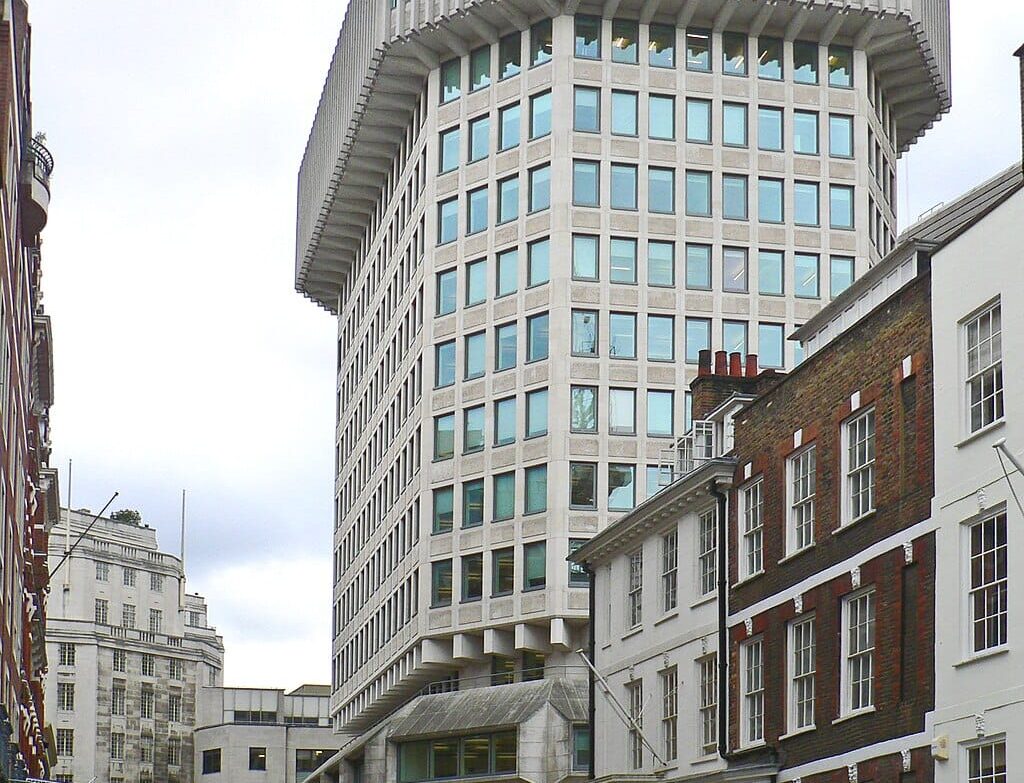Law Society warns government’s criminal aid plans fail to protect solicitors from overnight burnout
Solicitors who rush to police stations in the middle of the night to defend suspects receive no extra pay for the disruption to their lives, the Law Society has warned — and that needs to change urgently.
Responding to a Ministry of Justice (MoJ) consultation on legal aid funding, the Society called for a fairer system that reflects the unsociable hours many solicitors endure. It said current payments fail to cover even basic additional costs, such as childcare or disability accommodations, incurred when lawyers are called out overnight.
The consultation, launched by the MoJ, proposes a 12% pay rise across police stations, magistrates’ courts, youth courts, and prisons. The reforms include a 10% rise for work in magistrates’ and youth courts, a 24% uplift for prison work, and a plan to raise the fee for ‘cracked’ trials — cases that collapse just before they reach court — to 75% of the trial fee.
While the Law Society welcomed the proposed reforms as “a first step after years of neglect,” it warned that they are far from enough. The Society urged the government to reconsider how funds are distributed, arguing that smarter allocation could have a far greater impact.
“Feedback from our members indicates this money could make a more meaningful difference if spent differently,” the Society said.
One of the clearest failings, it argued, is in payments for night-time work. Solicitors who attend police stations after hours are often required to stay up through the night, yet they receive the same fee as if they had done the work during the day. The cost is often passed onto the business, which must pay its employees extra, but cannot recover that money through the fixed legal aid system.
Embed from Getty ImagesPolice officers have raised concerns about delays in securing duty solicitors at night — a sign, the Society suggests, that the current pay system is discouraging solicitors from taking on out-of-hours work.
The Society added: “A solicitor attending a station in the day is typically covered by salary. But if they go at night, firms must pay extra, which isn’t reimbursed. It doesn’t even begin to cover costs like childcare or additional support for disabled lawyers.”
The Law Society also called for stronger financial recognition for solicitors working on complex cases. In particular, it wants the fee for cracked trials to rise to 95% of the full trial fee. Currently, firms risk losing tens of thousands of pounds in preparation costs if a trial collapses at the last minute.
“A firm might estimate a fee of £75,000 for a complex case, only to see it fall to £35,000 if it cracks the day before,” the Society said. “All that preparatory work goes unrewarded. That’s not sustainable.”
The Society also recommended higher payments for more experienced solicitors, who often handle the most difficult and sensitive matters — such as child sexual abuse, terrorism, and murder — where stakes are high and pressures immense.
It remains unclear whether the Ministry of Justice will act on these recommendations. The consultation marks a step forward, but with firms still on the brink and morale at rock bottom, the Law Society insists it won’t be enough to save the criminal defence sector.
“We need more than headline figures,” the Society concluded. “We need funding where it matters — and that starts with the solicitors burning the midnight oil to uphold justice.”
